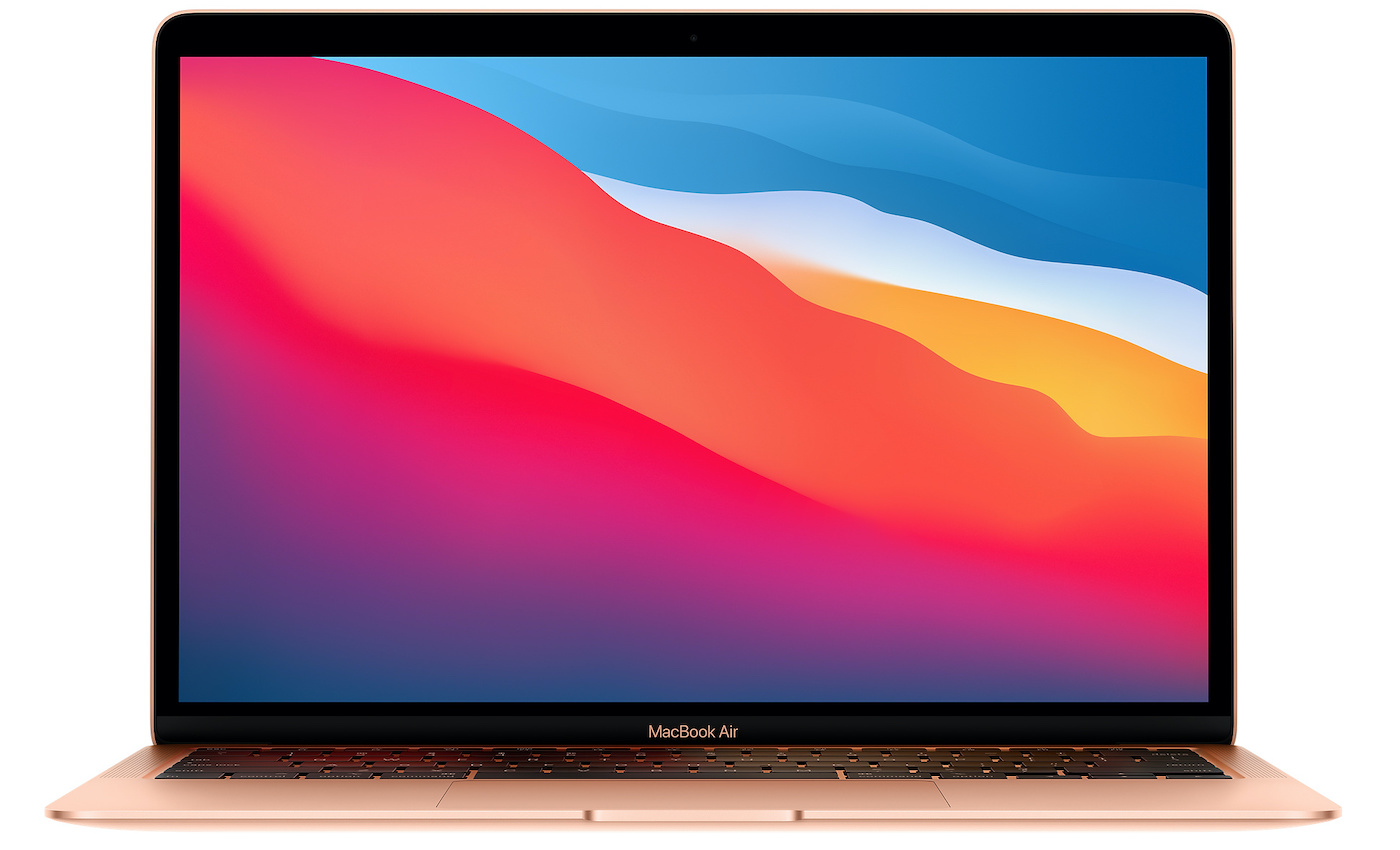Is Mobile the weak link in cybersecurity?
Since start of the Covid-19 health crisis and the spread of telecommuting, computer attacks have exploded all over the world. Ransomware, malware, phishing… no organization has been spared by these cyber threats targeting both computers and mobiles. But more the latter since 97% of companies have suffered attacks via these devices, according to a study on mobile cybersecurity carried out by CheckPoint Software.
In 2020, given the coronavirus health crisis, teleworking has become widespread across the world, in France in particular. All companies have had to adopt this way of working to continue their activities. But this alternative has been accompanied by an increase in computer attacks. In such a context, almost all companies have suffered at least one malware attack for an estimated financial cost of 5.5 trillion euros, which is double that of 2015.
These intrusions were mainly carried out on smartphones. At least 97% of organizations say they have been reached through these devices, according to a 2021 mobile security study conducted by CheckPoint Software. This survey states that nearly one in two companies (46%) found that at least one of their employees downloaded a malicious mobile application that could harm their network infrastructure.
Trojans on social networks
However, how cybercriminals do they do to deceive the vigilance of employees? A 2019 Verizon Data Breach Investigation Report reveals that smartphone users are much more susceptible to social attacks they receive on mobile devices. One such attack is email spear phishing, in which the impersonator tries to imitate known web pages. Attacks via social networks are also on the rise. For several months, Trojans that can lead to the theft of identifiers have been hidden in innocuous applications, such as those which claim to provide information on Covid-19.
Good IT hygiene practices to teach employees
To protect themselves from increasingly sophisticated cyberthreats, companies must adopt good IT hygiene practices. This is what advocates cybersecurity experts like Hub One, a reference in France in its field. According to this specialist, it is necessary to educate and train all employees in the use of work tools such as telephones. These employees need to understand that the data they create or process can harm their business.
It is also imperative to teach all employees to create strong passwords, to change them regularly, to use only applications and software authorized by management and to identify malicious e-mails, which is the royal route. computer attacks. It is also recommended to regularly put employees in situation on the content and to ensure that they are constantly following good practices.
Hub One, a safe ally in the digital transformation of companies
Hub one especially proposes to set up a robust defense solution in order to counter all cyber threats. The subsidiary of the ADP group (Aéroports de Paris) is supporting companies on this crucial project. First, by raising awareness of IT risks at all levels of the organization. This awareness begins with appropriate training in order to improve awareness of digital security and internet dangers.
Then by a cybersecurity audit, with a first phase of observation and analysis to measure the level of cybersecurity maturity of a company. Based on the weaknesses detected, Hub One then proposes a tailor-made transformation plan, in line with the activity, constraints and budget of the organization.
The health crisis has only increased a trend perceived for several years: the mobile is indeed one of the entry points favored by hackers to penetrate the computer systems of companies. In order to meet this challenge, it is essential to have a robust cyber architecture, but also and above all to train all teams in the dangers that mobile phones represent for the cybersecurity of companies.



